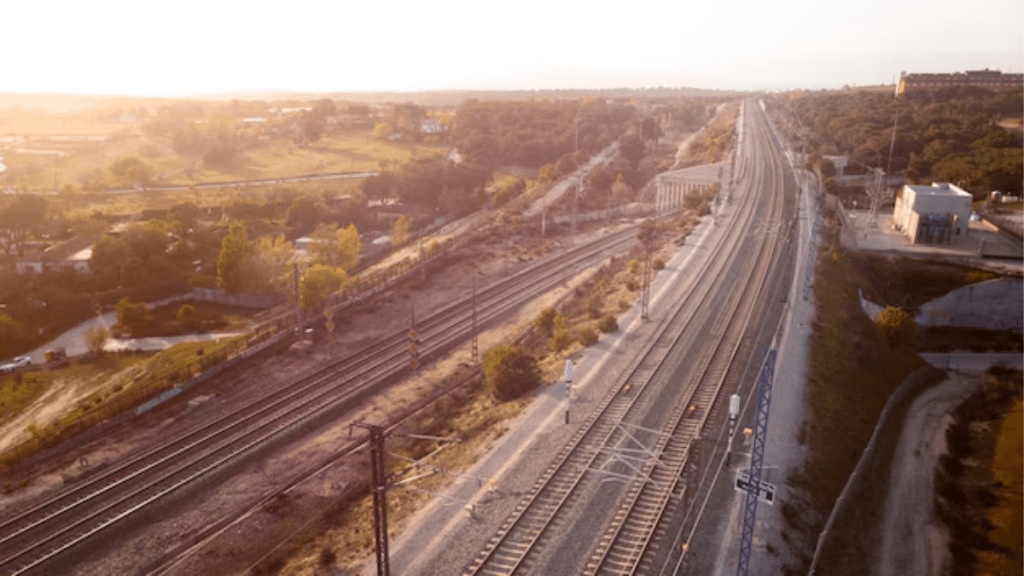India is at the forefront of rail electrification, according to Mukul Saran Mathur, Additional Member, Commercial, Ministry of Railways, speaking at the ASSOCHAM National Conference in New Delhi. Mathur emphasized that India’s rail network now spans 68,000 km and is set for further expansion. He noted that the railway system caters to two crore passengers daily and has recently operated over 5,000 special trains to assist migrant workers. The Vande Bharat trains were highlighted as a key “flagship product” in India’s rail modernization efforts.
Government Investment and Ticket Refund Improvements
The Indian government has allocated Rs 85,000 crore for railway expansion in the 2023-24 fiscal year. Improvements include a faster ticket refund process, now reduced to one or two business days.
Deepak Sharma from ASSOCHAM stressed that modernizing the railways is central to India’s vision of ‘Viksit Bharat’ (Developed India), aiming to enhance connectivity and support economic growth. Sanjay Bajpai from the National Council on Logistics and Warehousing highlighted the role of AI and machine learning in achieving 100 percent cargo visibility and last-mile connectivity through the Gati Shakti plan.
Animesh Gupta of Goldratt Research Labs emphasized the need for a 40 percent rail freight share and reducing the environmental impact of railway operations. Manish Puri of ACTO and Moonish Ghuge from ABB India Ltd discussed the importance of modern safety measures and infrastructure to meet increasing trade demands and ensure passenger safety.
The discussions underscored the necessity for transparency and reliability in implementing transformative technological solutions for India’s railways.
